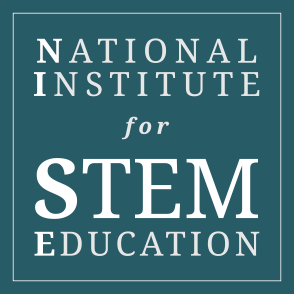Most teachers we talk to agree that their students struggle with critical thinking, problem-solving ability, and reasoning. We also know that many students lack the skills they need to read information, extract important points within the text, and synthesize what they have read (Barrow, 2006).
Think back to your first year of teaching. Whether you had just graduated from college where you majored in education or had completed an alternative certification program, most people can remember their first year of teaching like it was yesterday. At the end of your first year, your sense of satisfaction came from surviving all the unexpected trials you encountered. You were required to observe master teachers and take notes on how they ran their classroom. So, what made their classes good?
One of the biggest challenges teachers face in the classroom is ensuring learning for all. What do I do if some of the students get it and others do not? How do I challenge the students that grasp the content at a faster rate than other students? How can I support my struggling students who get lost early in the material but do not ask for help? How can I challenge my students to think critically and problem solve? What activities can I use to provide my students with creative opportunities while still interacting with content?
The National Institute for STEM Education Named SIIA CODiE Award Finalist for Best Professional Learning Solution for Faculty & Administrative Staff
The National Institute for STEM Education (NISE) has been named a finalist in the 2017 SIIA Education CODiE Awards for Best Professional Learning Solution for Faculty & Administrative Staff. In its 34th year, the SIIA CODiE Awards is the software and information industry's only peer-reviewed awards program recognizing product excellence.
STEM needs and opportunities in education and the workplace continue to expand exponentially in the United States. In the past 16 years, STEM jobs increased by 26 percent compared to six percent across all occupations. Meanwhile, the comparatively low rates of STEM graduates require U.S. employers to rely on skilled foreign workers. The reality to be confronted is that educators -- and I include myself here -- are not yet developing the workforce needed to fill our country's STEM needs today or in the future. As a result, our graduates are not prepared to grasp the many STEM opportunities available to them.
In ninth grade, I did a leaf collection project for my biology class. My grandfather, a science professor, and my dad, a medical doctor, helped me make sure that my specimens were correctly identified, prepared, mounted, and labeled. I remember painstakingly typing out the genus and species’ names, capitalizing the genus, and using lowercase for the species’ names. I remember thinking the rule quite odd, but followed it nonetheless. I was very proud of that project, and handed it in with a sigh of relief, knowing I had done my very best work. A few weeks later, the teacher handed my project back to me with every single name of every single species circled in red, and a giant “-5 points” scrawled across each page. I remember fighting back tears and approaching my teacher. “What did I do wrong?” I asked. “Well, you didn’t capitalize the species’ names!” she barked back.
One of the most enjoyable investigations that I recently observed was during science time in a pre-K classroom. After the teacher reminded students to wash their hands and not to squeeze the little creatures, the excitement built as each student was given a worm to study. The students, holding out their hands as if they were waiting for a prize, immediately began to smile and ask questions.
Recently I had a conversation with my younger brother, who is the residential and commercial plumbing inspector for one of the large counties in northwest Ohio, about the time it takes to read and understand the complex codes and regulations associated with the construction industry. He shared that in his preparation for the numerous certification and recertification examinations associated with his role, his ability to read closely for details, discuss the application of the code, and retain the nuances of what he read was developed much later in his career.
